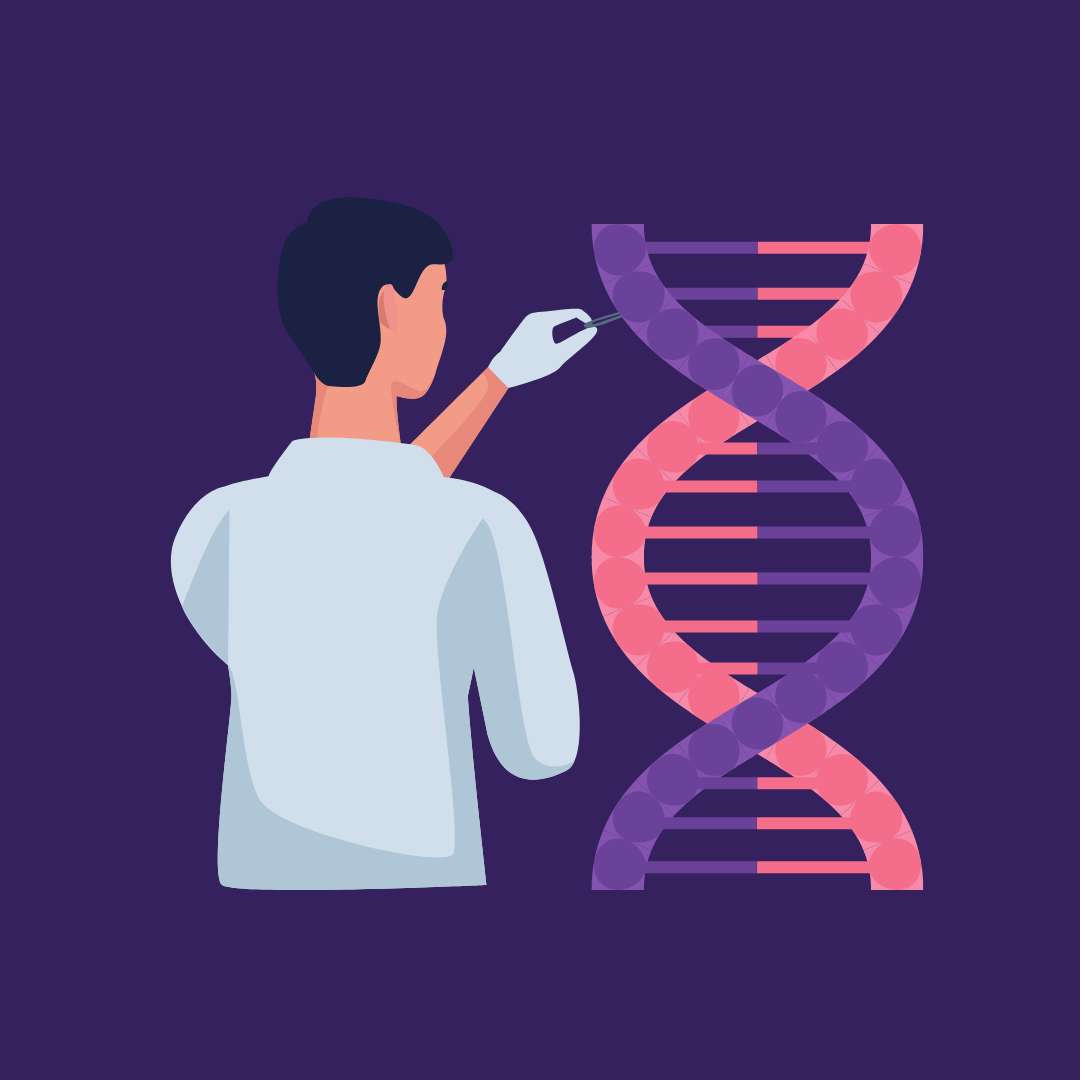The Power and Potential of Gene Tuning
By Fyodor Urnov,
Time
| 08. 12. 2024
After a lifetime in the field of epigenetics, and nearly 20 years after my colleagues and I coined the term “genome editing,” I will be the first to admit that describing the “epigenome”—a marvelous biological process that guides what our genes do—takes a bit of explaining. I find that thinking about the genome and epigenome in terms of music and sound-mixing can be helpful here.
We experience all sorts of music as we go through life, from Bach and Brahms to Laufey and Lizzo. It is remarkable that you can do so many different things musically from just a few basic components. You have a defined set of notes, which can be played separately or together in an enormous number of combinations and time signatures. Those notes can be played at different volumes—some louder, some softer. And finally, those same notes can have different textures. The note of A as played on a violin sounds very different when played by a distorted, death-metal guitar. Each has the same number of vibrations per unit time, but...
Related Articles
By Scott Solomon, The MIT Press Reader | 02.12.2026
Chris Mason is a man in a hurry.
“Sometimes walking from the subway to the lab takes too long, so I’ll start running,” he told me over breakfast at a bistro near his home in Brooklyn on a crisp...
By Diaa Hadid and Shweta Desai, NPR | 01.29.2026
MUMBRA, India — The afternoon sun shines on the woman in a commuter-town café, highlighting her almond-shaped eyes and pale skin, a look often sought after by couples who need an egg to have a baby.
"I have good eggs,"...
By George Janes, BioNews | 01.12.2026
A heart attack patient has become the first person to be treated in a clinical trial of an experimental gene therapy, which aims to strengthen blood vessels after coronary bypass surgery.
Coronary artery bypass surgery is performed to treat...
By Staff, ScienceDaily | 01.05.2026
Scientists at UNSW Sydney have developed a new form of CRISPR technology that could make gene therapy safer while also resolving a decades-long debate about how genes are switched off. The research shows that small chemical markers attached to DNA
...




